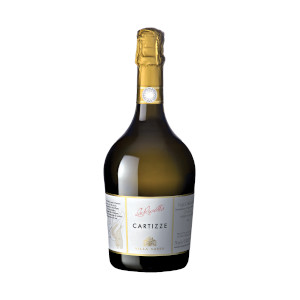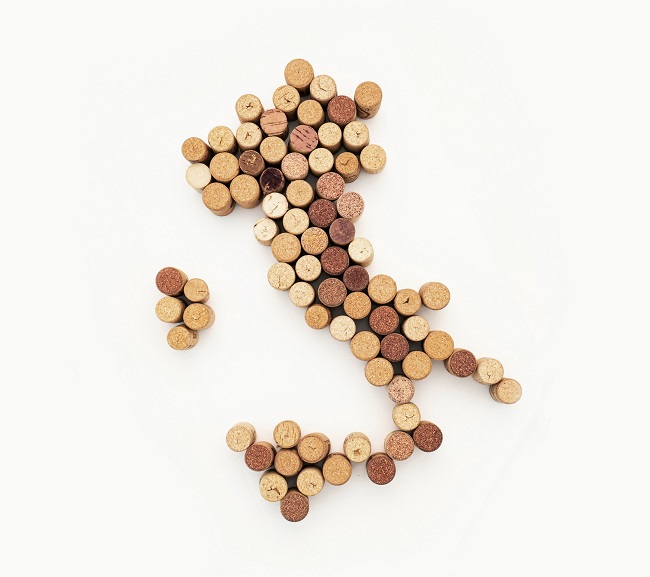Natural wine is a flippant term used to describe a style of wine made with minimal intervention, using traditional winemaking methods and emphasising organic or biodynamically grown grapes. The concept of natural wine revolves around producing a wine that reflects the most authentic expression of the grapes and the specific terroir (environmental factors such as soil, climate, and geography) in which they were grown. The challenge we face as consumers is that this very broad description of production techniques requires a profound understanding of how wine is produced. Unfortunately, many serving staff and buyers struggle to articulate this. Here are some key characteristics and practices associated with natural wine:
- Organic and Biodynamic Farming: Natural winemakers prioritise organic or biodynamic farming practices. They avoid using synthetic pesticides, herbicides, and fertilisers, opting for more sustainable and environmentally friendly approaches.
- Hand Harvesting: Grapes for natural wines are typically hand-picked to select the best quality fruit.
- Minimal Intervention: Natural winemaking involves minimal intervention in both the vineyard and the cellar. This means avoiding or limiting additives such as commercial yeast, enzymes, and fining agents. Instead, natural winemakers rely on native or wild yeasts in grape skins for fermentation.
- Non-Filtered and Unfined: Natural wines are often bottled without filtration or fining. This allows the wine to retain more natural flavours, textures, and aromas. As a result, some natural wines may appear cloudy or have sediment.
- Low or No Sulfites: Sulfites are a common additive used in winemaking to preserve and stabilise wine. Natural winemakers tend to use little to no added sulfites. While sulfites occur naturally in wine, the levels in natural wines are typically lower than those found in conventionally produced wines. Unfortunately, this results in a less-than-desirable drinking experience if not handled correctly.
- Emphasis on Terroir: Natural winemakers strive to showcase the unique characteristics of the vineyard site, including the soil composition, climate, and grape varietals. The goal is to create wines that express a sense of place.
It’s important to note that “natural wine” doesn’t have a universally standardised definition, leading to variations in practices and interpretations within the natural wine community. Our advice is to not be shy in sending back glasses/bottles of wine that you do not like, and tell the venue that this isn’t of acceptable quality. You can drink vinegar at significantly cheaper prices at the supermarket after all. A wine being natural should ADD dimension and enjoyment to the drinking experience, not reduce it. If the wine is FLABBY and has no discerning taste or character, then don’t drink it. Nonetheless, natural wine has gained popularity among wine enthusiasts seeking wines with a more artisanal, authentic, and environmentally conscious approach.





